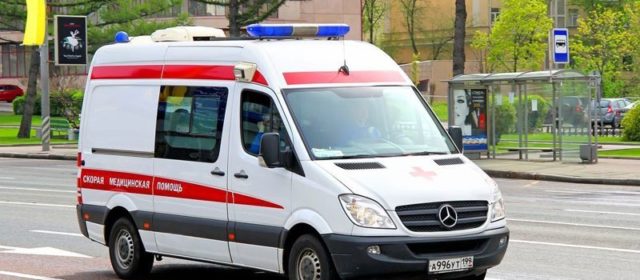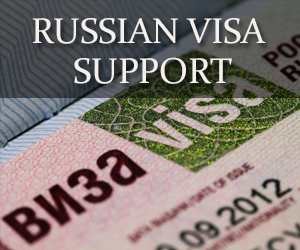Russian health and safety has garnered a somewhat undeserved reputation in the west. In actual fact, travel to Russia is no more or less dangerous than travel in the US, Canada or the European Union.
Russia Crime:
Violent crime is an issue, but no more so than in most western nations. Use common sense.
Russia Terrorism:
Russia travel to Chechnya, Dagestan, and neighboring Ingushetia should be avoided. Military clashes, kidnappings, violent crimes and muggings are prevalent in these areas.
HIV / AIDS Russia:
Russia has the largest HIV epidemic in Europe, and accounts for around two-thirds of the cases in the Eastern Europe and Central Asia region. There were an estimated 940,000 people living with HIV at the end of 2005 in Russia – up from 760,000 in 2003 – and this figure looks set to increase even further. (UNAIDS/WHO 2006 Report on the global AIDS epidemic). If you will be sexually active, choose your partners carefully and always use condoms.
Tick-Borne Encephalitis:
TBE is a human viral infectious disease involving central nervous system. It’s only a concern if you are venturing into the Russian wilderness or countryside. In Russia, ticks are particularly active in early May, peak throughout June and taper off in August and September. See Tick-Borne Encephalitis for more info and how to take preventative measures.
Icy Sidewalks in Winter:
No joke! If you are traveling to Russia in the winter, slips and falls are a real Russian health hazard.
Russian Roads and Highways:
Take care on the roads too. Russian drivers have very little respect for pedestrians, while a combination of alcohol, poorly maintained roads and the need-for-speed, result in a very high accident rate on Russian roads and highways.











